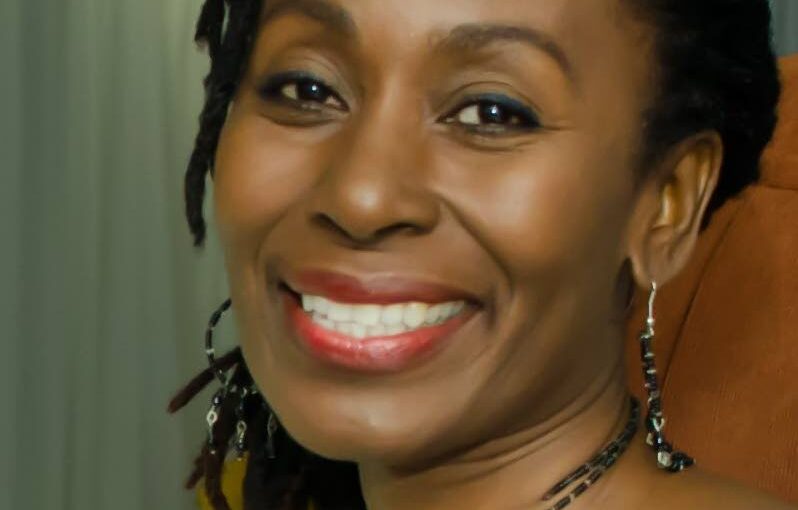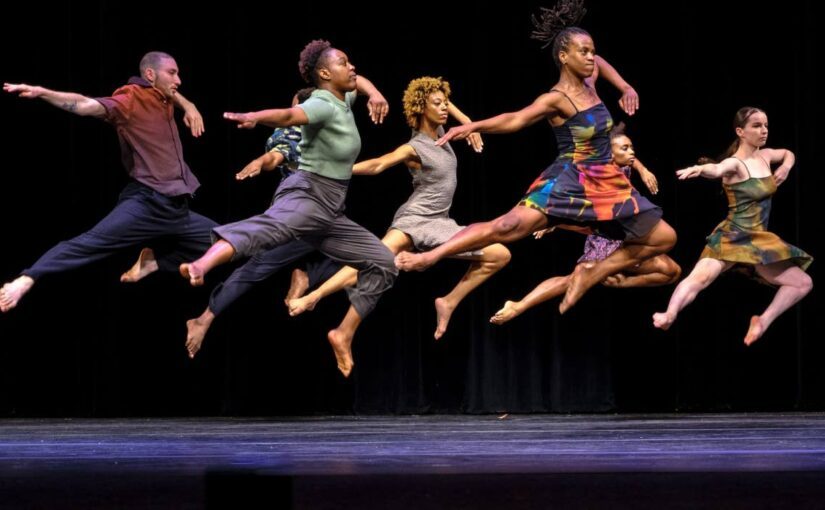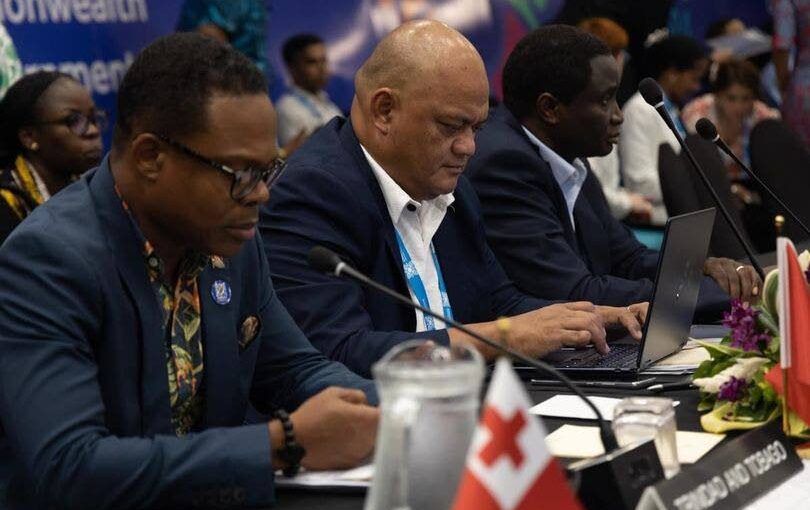DAVID BOOTHMAN I HAD become a delinquent until I had been saved, relieved from my self-reprimanding for my transgressions. Back in the day in high...
Vous n'êtes pas connecté
- English
- Français
- عربي
- Español
- Deutsch
- Português
- русский язык
- Català
- Italiano
- Nederlands, Vlaams
- Norsk
- فارسی
- বাংলা
- اردو
- Azərbaycan dili
- Bahasa Indonesia
- Հայերեն
- Ελληνικά
- Bosanski jezik
- українська мова
- Íslenska
- Türkmen, Түркмен
- Türkçe
- Shqip
- Eesti keel
- magyar
- Қазақ тілі
- Kalaallisut ; kalaallit oqaasii
- Lietuvių kalba
- Latviešu valoda
- македонски јазик
- Монгол
- Bahasa Melayu ; بهاس ملايو
- ဗမာစာ
- Slovenščina
- тоҷикӣ ; toğikī ; تاجیکی
- ไทย
- O'zbek ; Ўзбек ; أۇزبېك
- Tiếng Việt
- ភាសាខ្មែរ
- རྫོང་ཁ
- Soomaaliga ; af Soomaali
Rubriques :
 Maroc - NEWSDAY.CO.TT - A la Une - 14/Sep 07:35
Maroc - NEWSDAY.CO.TT - A la Une - 14/Sep 07:35
Amazing Miss A and value of history
Dara E Healy 'Winnie, you came, you played and you conquered!…I remember the curtain calls, I don’t think we had ever seen as many. I remember meeting you back in 1953/54 at the Prince of Wales, and you were the first superstar I had ever met. And you’re just as nice today as you were then.' – from This is Your Life 1978, honouring Winifred Atwell SHE WAS a superstar, beloved around the world in the 1950s and 60s. Her name was called in the same breath as the Beatles and performers of that magnitude. Look, there she is at the top of global pop charts. Look, see her name in huge, sparkling letters – 'The Amazing Miss ‘A’ on Stage!' A classical pianist from Tunapuna, she became known for playing the popular ragtime style, sometimes playing two pianos at once. She fought against racism in the arts and opened the door for other black female musicians. And yet she is one of the most famous people from TT that few of us have ever heard about. I was thrilled to learn that the auditorium in Queen's Hall would now be named for this musical genius. Since hearing the announcement, I have been looking at her videos online. Why do I feel so drawn to someone I never knew? Perhaps I feel a sense of loss that her story was never shared with us. This woman was the first black artist to sell a million records in the UK. She was at one point the most famous pianist in the world. This woman was one of us. Actually, this article is not really about Miss A. I am here to make a case again for why history should no longer be an optional subject, at any level. Understanding our past is essential for several reasons. A major one is how we use language to describe our history. For instance, when speaking about indentureship or enslavement, it is important to use words that acknowledge the dignity and humanity of the people who were oppressed under these systems. So Africans were "enslaved" not "slaves," as all people are born free. Similarly, records show that indentured Indians were allowed time off on “Good Friday, Christmas, New Year’s Day and Sundays.” However, these are all either Christian holidays or days that have little bearing on the ancestral calendars of the indentured. Thus, in teaching or reviewing history, it is necessary to be aware of the biases of the time and understand how these still influence the way we relate to each other today. Information about our past should reflect and respect the diversity of our country. Perhaps if we better understood the contribution of different peoples to building this place, we would be more sensitive, for example, about using only universal prayers at national events and in our schools. As the recent consultation on national symbols proved, racism is still a problem in our nation. History can help by highlighting areas of commonality and connectivity. As I shared with you, the Hosay festival is one powerful example of how history unifies us. Understanding the past is central to engendering pride in who we are. Throughout time, our people fought for the freedoms we enjoy today. Indigenous peoples from Hyarima to Chief Hatuey in Cuba resisted enslavement. How inspiring would it be if we knew the accomplishments of warriors from the Warao, Chaguanes and other peoples? It matters that our ancestors across time resisted; it speaks to our character and what we are capable of achieving. History can empower us, but not if we continue to teach it in a way that is still colonial in methodology. We need to bring to life the history of our creative, literary and other icons in ways that motivate younger generations to fight for and not against TT. The teaching of national songs or poems is not enough to foster patriotism, or love of country. Not only is this inadequate in showcasing the depth of who we are, but it barely scratches the surface of what is required to create a strong national identity. So, first, the Winifred Atwell Auditorium. Can we look forward to the Winifred Atwell Festival of Musical Excellence? Or the Jit Samaroo Southern Pan Institute? Look, Winnie, here we are, a nation strong and proud of our history. Play on for us – we need your talented hands and warm smile now more than ever. Dara E Healy is a performing artist and founder of the Indigenous Creative Arts Network – ICAN The post Amazing Miss A and value of history appeared first on Trinidad and Tobago Newsday.
Articles similaires
President Tinubu Tasks New Ministers on Economy Recovery
President Bola Tinubu on Monday assured Nigerians that his administration's economic recovery plan was on the right path to realizing the nation’s...
As our U.S. neighbours prepare to vote
The first time I flew overseas, I remember wondering whether I had flown beyond the reach of God. We had, quite literally, risen on the wings of the...
‘We do not get to sit this one out’: Oprah delivers powerful election eve speech
Oprah Winfrey took the stage Monday night and roused supporters of Vice President Kamala Harris in the critical battleground state of Pennsylvania,...
Nomzamo Mbatha shares how climate creativity is reshaping our future
Delegates from around the world, including Prince William and model and TV host Heidi Klum were in Cape Town for the 2024 Earth Shot Prize summit. The...
Browne unfazed by push-back on reparations
DR AMERY BROWNE, Minister of Foreign and Caricom Affairs, is undaunted by the negative signals coming from the United Kingdom regarding calls by...
RCCG Suspends Pastor Ayo AdeBello and Deacon Oke Mayowa Over Alleged Homoséxuality
The Redeemed Christian Church of God (RCCG) has suspended two pastors – Ayorinde AdeBello and Deacon Oke Mayowa, over trending allegations of...
'It's just wrong': Nun comes out swinging on CNN over GOP voter fraud flub
Sister Stephanie Schmidt of the Benedictine Sisters of Erie, Pennsylvania spoke out to CNN's Boris Sanchez on Friday after a local Republican...
Catholic Church donates waiting lounge for patients, relatives at UCH
By Chidinma Ewunonu-AlukoThe Catholic Archdiocese of Ibadan, led by the Archbishop, His Grace, Most Rev. Gabriel Abegunrin, has donated a waiting...
😇 ~ 💗 (Didn't Mike Quinsey retire?) POWERFUL messages from Kryon and Mike Quinsey... God bless... ~ Nov 2, 2024 ~|
Mike Quinsey - November 1, 2024 KRYON MARCH 2018. NEW CONCEPTS.You are split into many parts – build a bridge to your Innate called “soul...
Les derniers communiqués
-
Aucun élément










